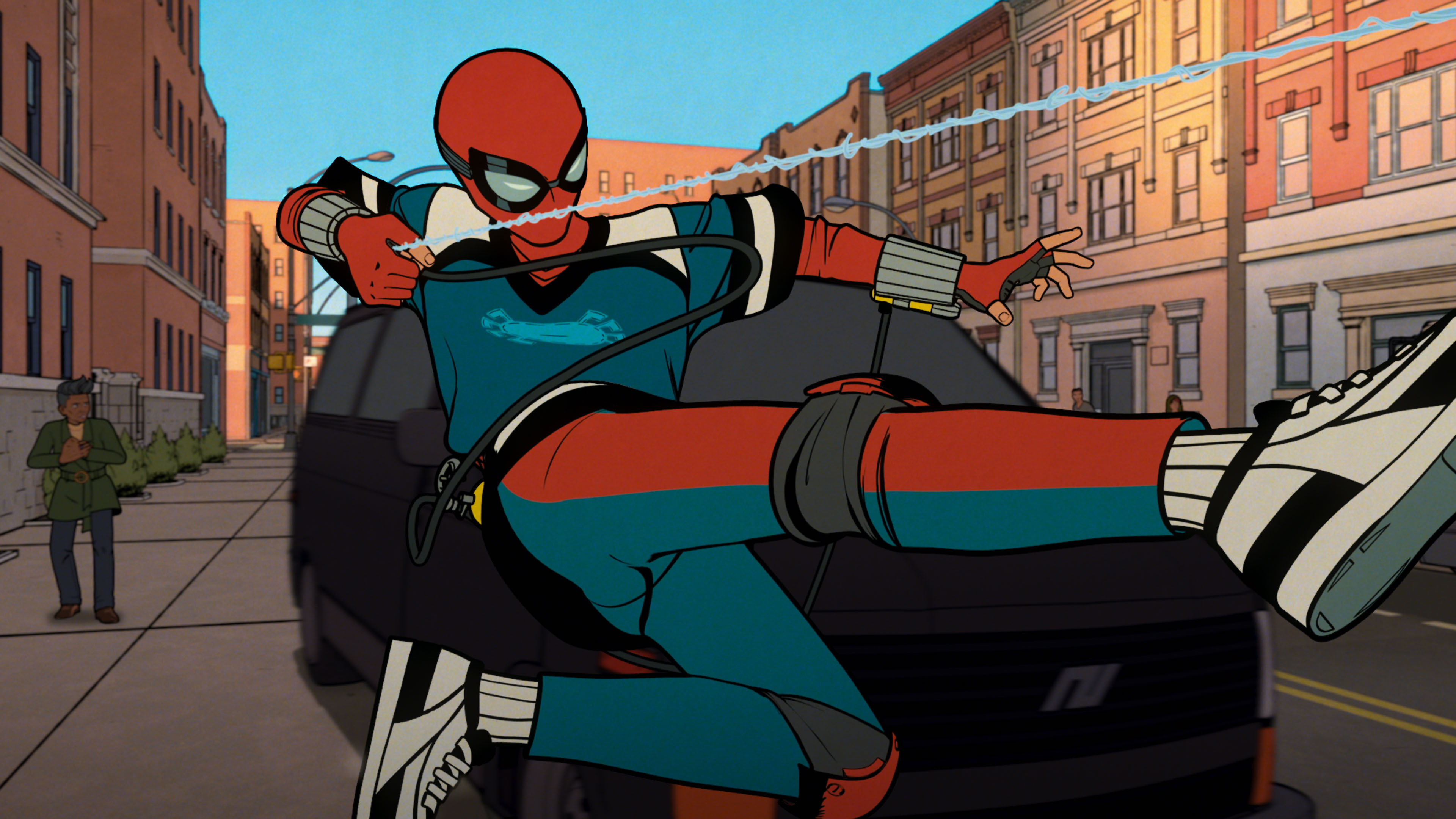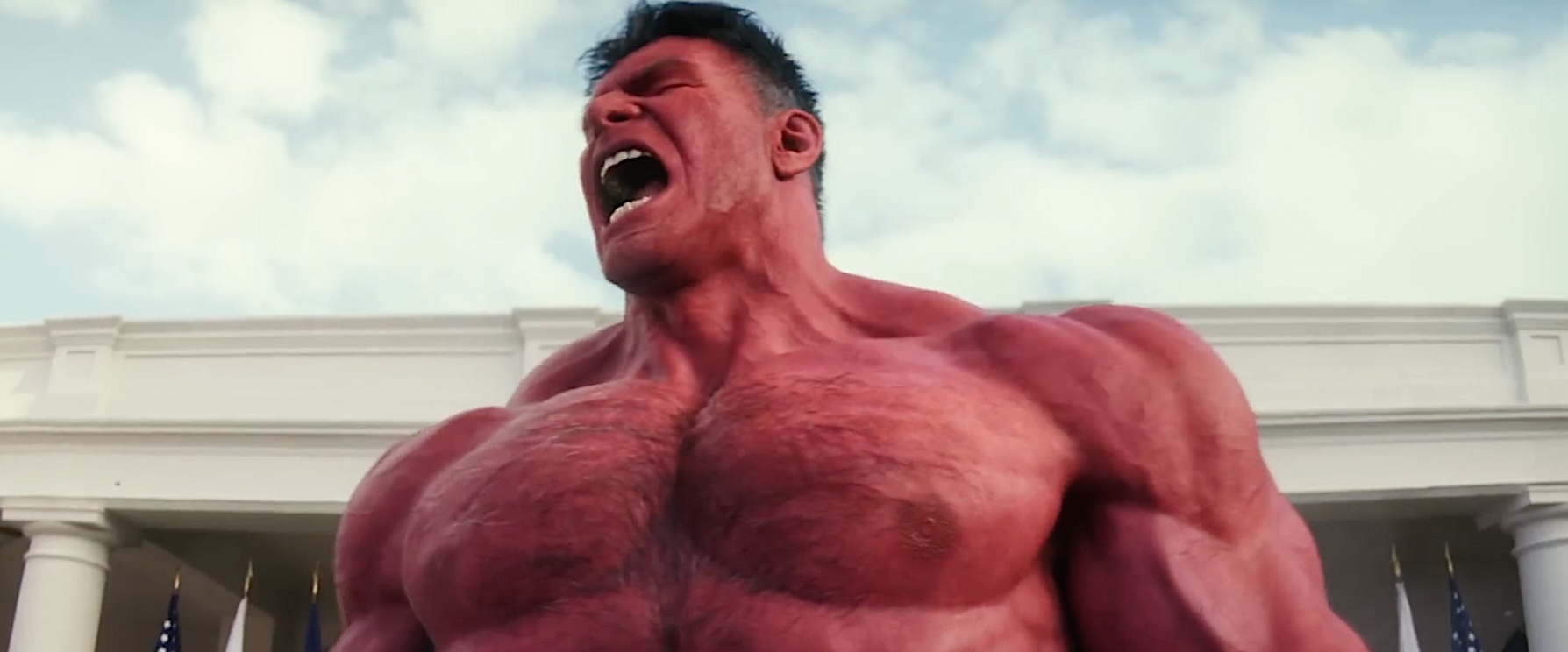Let me level with you: 1971’s Willy Wonka & the Chocolate Factory is one of my very favorite films. You know how movie people like to wax poetic about how movies are magic? Willy Wonka & the Chocolate Factory made me believe it. Back in 1971, Roger Ebert’s four-star review of the film compared it to The Wizard of Oz, and that’s pretty apt — both films are landmark cinematic experiences, the kind that can change your life if you come to them at the right time.
Wonka, the new prequel movie from director Paul King and his Paddington 2 co-writer Simon Farnaby, starring Timotheé Chalamet as a young Willy Wonka, does nothing of the sort. That doesn’t make it bad — it’s merely pleasant, a nice diversion that mostly suffers from the strong association with a much better film.
As a prequel to the ’71 movie — and specifically not an adaptation of Roald Dahl’s book, for rights reasons — Wonka uses a healthy serving of musical numbers to tell the tale of how and why its quirky chocolatier became a renowned confectioner. In Wonka’s world — a whimsical, unnamed European town — the chocolate biz is dominated by three stodgy companies who collaborate as a secret cartel, fixing prices, paying off cops, and selling inferior product to a public with no other local candy options.
:no_upscale()/cdn.vox-cdn.com/uploads/chorus_asset/file/25158421/rev_1_WON_FP_011_High_Res_JPEG.jpeg)
This is a delightfully convoluted plot for a children’s fantasy movie that is very plainly about holding on to your dreams, an idea explored with very little sophistication or idiosyncrasy. There’s a sweetness to Wonka that’s instantly recognizable to anyone who’s seen Paul King’s Paddington movies, which makes it both a pleasure to watch and ultimately frivolous.
The 1971 film is more than mere confection: There’s a real air of mystery to it, a sense of peril and melancholy, with just a little splash of horror. Much of that comes from Gene Wilder’s performance as the magical candyman. It’s one of the best family-film performances, warm but also untrustworthy. Wilder’s Wonka is a trickster god who’s happy to ruin you by giving you all you ever wanted. Chalamet’s Willy Wonka is plain by comparison, a scrappy inventor who is a friend to all, desiring only to share his chocolate with the world.
Normally, I consider it unfair to compare two movies like this, but as I said, I’m a huge fan. Yet more importantly, Wonka directly invokes the previous film in ways big and small, going so far as to have Chalamet’s version of the character speak in the same diction as Wilder’s, complete with a “Scratch that, reverse it” line. As this is a story about a young Willy Wonka, the film must leave a little room to get from here to there, so Chalamet is granted the space to make the character his own. But this is a version of Willy that’s too sanded-down, too approachable to be truly memorable.
:no_upscale()/cdn.vox-cdn.com/uploads/chorus_asset/file/25158429/rev_1_WON_D80_00071_High_Res_JPEG.jpeg)
Part of the problem comes with shifting the character into a protagonist. Wonka’s titular chocolate maker is not the strangest character in its world; in fact, he’s a pretty sensible man in a town run by chocolate kingpins who fix prices and bribe cops. He’s especially relatable compared to Bleacher (Tom Davis) and Mrs. Scrubbit (Olivia Colman), the proprietors of a laundromat/inn who trick their lodgers (Wonka included) into indentured servitude by having them sign contracts with extensive fine print. Much of the film involves Willy Wonka befriending others who have fallen under Scrubbit and Bleacher’s thumbs, and helping them escape servitude by covertly selling chocolate.
Again, all of this is depicted pleasurably enough, with songs by Irish singer-songwriter Neil Hannon that are enjoyable, but not particularly memorable. The film’s production design, however, is superlative. Headed up by frequent Christopher Nolan collaborator Nathan Crowley (who worked with the director on The Dark Knight and Dunkirk, among others), Wonka’s design sensibilities are lavish and captivating, a balm of practical sets in a sea of movies that settle for digital ones. (A highlight is a mid-movie number where Wonka and his laundromat pals come up with a number of schemes to sell chocolate on the streets while evading police.) Even the film’s oddest note, an Oompa-Loompa named Lofty (Hugh Grant), is pretty amusing, recasting the most troublesome bit of Roald Dahl’s Wonka lore into a thief who’s constantly trying to steal chocolate from Wonka.
Candy is often used to evoke frivolity: sentimentality that’s saccharine to a fault, a pleasure that does not linger. One of the many things Willy Wonka & the Chocolate Factory did was invert that cultural association, imbuing it with a different meaning — the work of music-makers, and dreamers of dreams. Imagination, the creative spark in all its wonder and peril, is what made Wonka and his chocolate special. Wonka takes a shallower tack, insisting that having a dream is enough, regardless of its substance. Candy is only what it appears to be: nothing magic, and nothing more.
Wonka premieres in theaters on Dec. 15.








